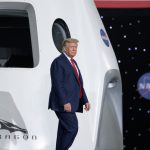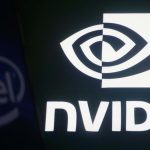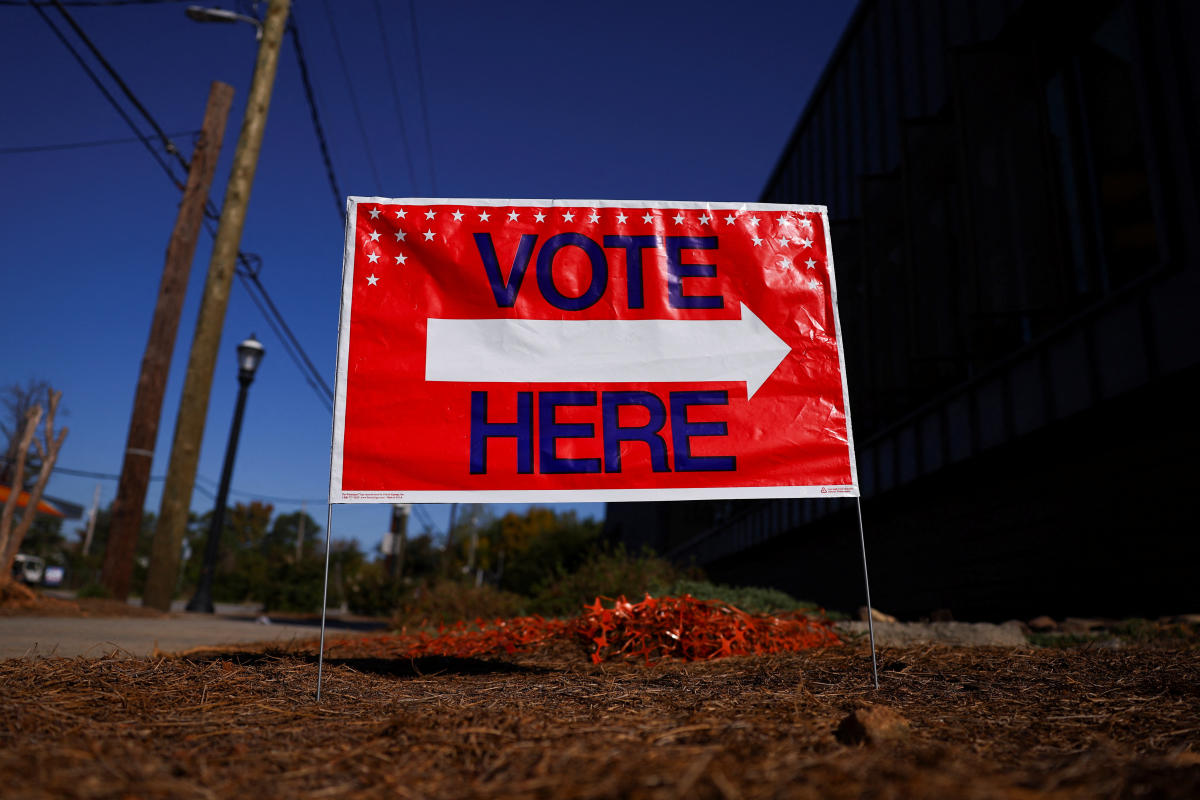The global space community awoke to a new reality on Wednesday morning.
The founder of this century’s most innovative space company, Elon Musk, successfully used his fortune, time, and energy to help elect Donald Trump to president of the United States. Already, Musk was the dominant Western player in space. SpaceX launches national security satellites and NASA astronauts and operates a megaconstellation. He controls the machines that provide essential space services to NASA and the US military. And now, thanks to his gamble on backing Trump, Musk has strong-armed himself into Trump’s inner circle.
Although he may not have a cabinet-appointed position, Musk will have a broad portfolio in the new administration for as long as his relations with Trump remain positive. This gives Musk extraordinary power over a number of areas, including spaceflight. Already this week, he has been soliciting ideas and input from colleagues. The New York Times reported that Musk has advised Trump to hire key employees from SpaceX into his administration, including at the Department of Defense. This reflects the huge conflict of interest that Musk will face when it comes to space policy. His actions could significantly benefit SpaceX, of which he is the majority owner and has the final say in major decisions.
It will be a hugely weird dynamic. Musk is unquestionably in a position for self-dealing. Normally, such conflicts of interest would be frowned on within a government, but Trump has already shown a brazen disregard for norms, and there’s no reason to believe that will change during his second go at the presidency. One way around this could be to give Musk a “special advisor” tag, which means he would not have to comply with federal conflict-of-interest laws.
So it’s entirely possible that the sitting chief executive of SpaceX could be the nation’s most important advisor on space policy, conflicts be damned. Musk possesses flaws as a leader, but it is difficult to argue against results. His intuitions for the industry, such as pushing hard for reusable launch and broadband Internet from space, have largely been correct. In a vacuum, it is not necessarily bad to have someone like Musk providing a vision for US spaceflight in the 21st century. But while space may be a vacuum, there is plenty of oxygen in Washington, DC.










